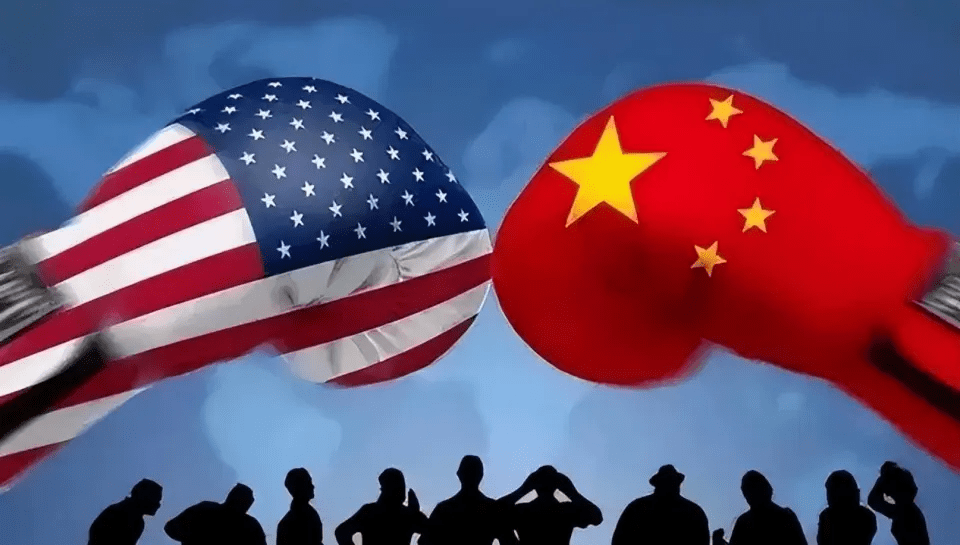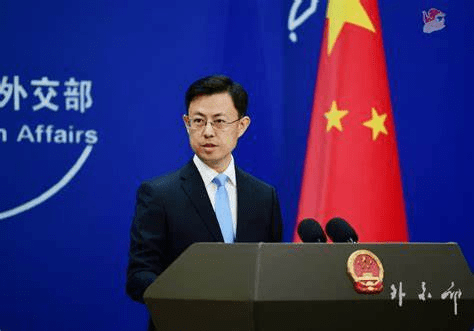Incident background and timeline
Beginning of the month: The U.S. imposed 'reciprocal' tariffs on certain Chinese goods.
Subsequently, multiple foreign media reported that major Chinese airlines began to suspend receiving the originally scheduled American-made Boeing passenger aircraft.
April 24: A Boeing 737 MAX originally scheduled for delivery to China International Airlines flew back to Seattle from Zhoushan; two aircraft originally intended for Xiamen Airlines had previously returned to the U.S.
Thereafter, Juneyao Airlines also confirmed the postponement of receiving the new Boeing 787 series aircraft.
April 29: A spokesperson from the Chinese Ministry of Commerce responded to the matter on the official website.

Main content of media reports
Flight return/rejection
A China International Airlines 737 MAX returned to Seattle; two aircraft of the same model from Xiamen Airlines have been returned; Juneyao Airlines postponed receiving the 787.
Delivery plan hindered
Reuters cited Boeing executives stating that due to Sino-U.S. trade frictions, the mainland market has become the only country experiencing delivery difficulties; Boeing originally planned to deliver about 50 aircraft to China this year.
Boeing's response strategy
The CEO promised to 'protect Boeing from the impact of the trade war' and to find other buyers for orders originally intended for China; at the same time, closely monitoring potential retaliatory tariffs from the EU and maintaining consultations with the White House.

Official response from the Ministry of Commerce
Disruption of supply chains and shipping markets
A spokesperson from the Ministry pointed out that the U.S. 'wielding the tariff stick' has severely impacted the stability of global industrial and supply chains, disrupting the international air transport market, and causing damage to related enterprises in both China and the U.S. (including Chinese airlines and Boeing).
Call for a predictable environment
China reiterates:
The civil aviation sector has always been an important part of mutually beneficial cooperation between China and the U.S., promoting bilateral trade and personnel exchanges.
China is willing to continue supporting normal business cooperation between enterprises of both countries and hopes the U.S. will listen to the voices of enterprises, providing a stable and predictable policy environment for normal trade and investment activities of all parties.
Summary
Surface causality: U.S. tariffs on China → Chinese airlines suspend receiving Boeing aircraft → Boeing deliveries and the Chinese market are hindered
Positions of all parties:
Foreign media/Boeing: Attributes this to the trade war and tariff barriers, emphasizing that it is working to mitigate the impact and seeking other buyers.
Chinese Ministry of Commerce: Specifically names U.S. tariff policies as damaging to global supply chains and the aviation market, calling for a return to rational policies to ensure smooth civil aviation cooperation.
This series of dynamics not only reflects the direct impact of Sino-U.S. trade frictions on real enterprises (especially in the aviation manufacturing and transportation industries) but also highlights the strategic game between the two sides at the policy and public opinion levels: the U.S. applies pressure through tariffs, while China maintains domestic enterprises through official statements and calls for international rules and cooperative stability.